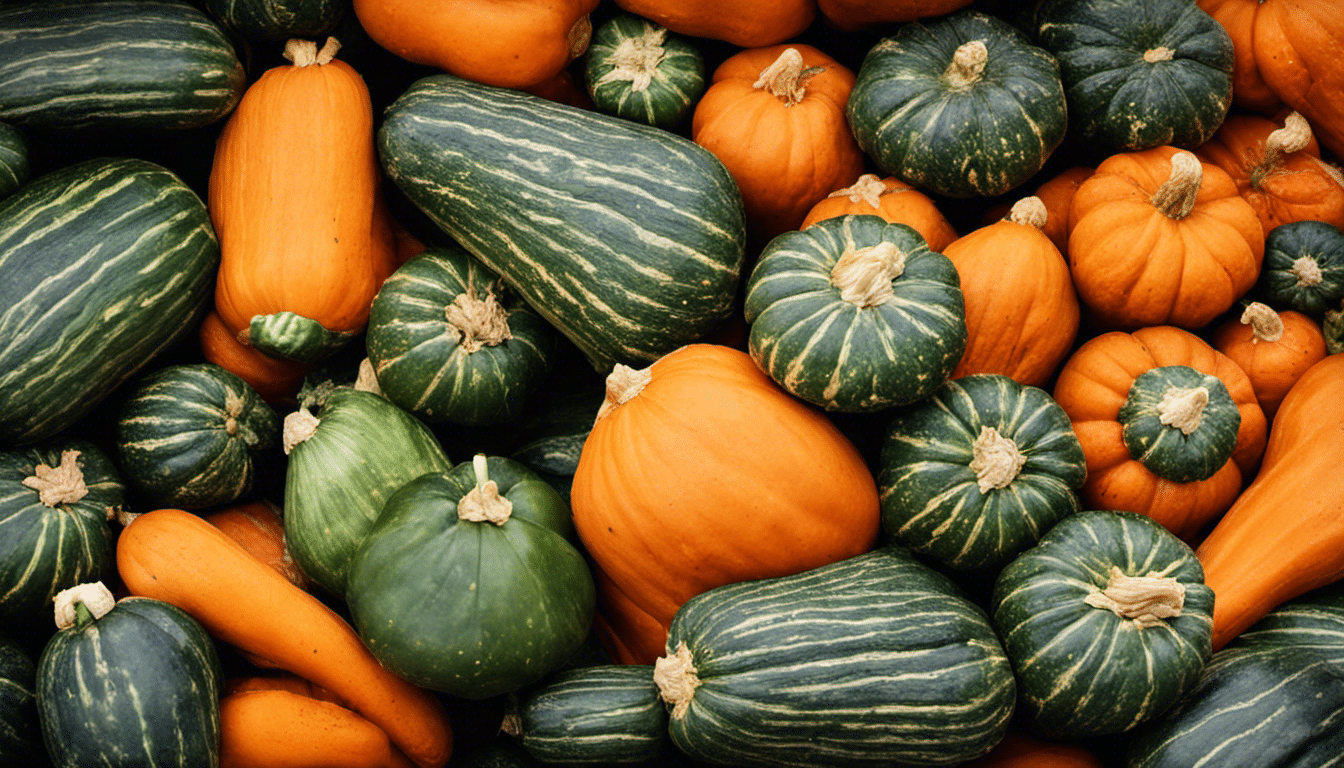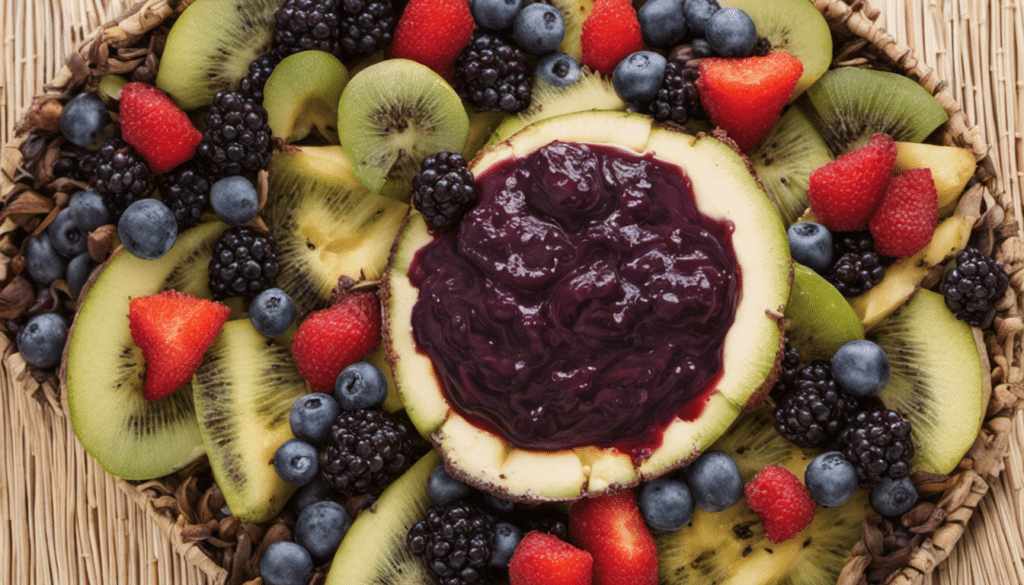All About Calabazas
Calabazas, known in English as tropical pumpkins or squash, form part of the Cucurbitaceae family and are native to Central and South America. With their hard skin painted in shades of green, yellow or orange, and meaty insides of the same warm tones, they add vibrant splashes of color to any culinary masterpiece.
Unveiling Calabazas: Cultural Significance and Usage
Calabazas have been cultivated for thousands of years, with seeds found in archaeological excavations dating back to 7000 to 5500 BC in Mexico. Their easy adaptability to various soils and climates has led to their usage in different world cuisines. These versatile gourds, whether it’s the Caribbean ‘calabaza’, the Filipino ‘kalabasa’, or the Spanish ‘calabaza’, can be transformed into savory soups, stews, desserts and even beverages. Visit this Culinary Atlas for a glimpse of these hearty dishes
Calabazas: The Nutrition Powerhouse
The thick-fleshed calabaza is a wellspring of health benefits. It is low in calories but packed with nutrients. Its high fiber content aids in digestion, helps in controlling blood pressure, and reduces cholesterol – promoting all-around heart health. Loaded with beta-carotene, which the body converts into Vitamin A, it supports healthy eyesight and boosts our immune systems. It’s also rich in Vitamin C, instrumental in wound healing and the health of our skin and connective tissues.
The antioxidant levels in calabazas are noteworthy. Several types of antioxidants, including alpha-carotene and beta-carotene, contribute to neutralizing harmful free radicals in our bodies, reducing the risk of certain diseases. Research from National Center for Biotechnology Information further validates the fact that a diet rich in antioxidant foods, like calabaza, potentially aids in reducing the risk of many chronic ailments.
The seeds of the calabaza, often overlooked, are a treasure trove of health benefits themselves. They are brimming with protein and fiber. Calabaza seeds are credited with promoting sleep, thanks to their tryptophan content, a precursor of the sleep-regulating hormone melatonin. Explore this Healthline article to learn more about the benefits of calabaza seeds.
From its rich history and cultural significance to its myriad nutritional benefits, the calabaza is not to be underestimated. This powerhouse gourd, with its charming colors and soothing earthy flavor, deserves its place at your table, and in your journey to a healthy lifestyle.
Calabaza Recipe Ideas
- Roasted Calabazas
- Calabazas Soup
- Spicy Calabazas Curry
- Calabazas and Corn Salad
- Grilled Calabazas with Garlic and Rosemary
- Calabazas and Black Bean Tacos
- Calabazas Hash Browns
- Calabazas and Spinach Quiche
- Calabazas and Tomato Pasta Sauce
- Stuffed Calabazas




